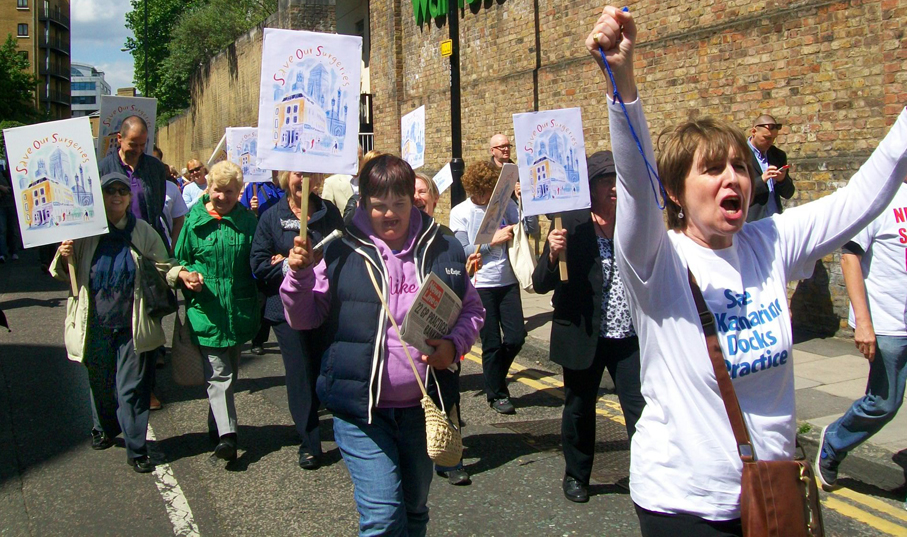
OVER 8,500 General Practitioners (GPs) across England have overwhelmingly voted in favour of taking collective action, including strike action, in response to mounting challenges within the NHS.
The ballot, which took place from 17th June to 29th July 2024, saw 98.3% of participating GPs supporting one or more forms of collective action as part of the British Medical Association’s (BMA) campaign to ‘Protect Your Patients, Protect Your Practice’.
Out of 12,590 eligible voters, 8,518 GPs cast their votes, resulting in a turnout of 67.7%. Of these, 8,375 voted ‘yes’ to collective action, while only 143 voted ‘no’.
There were no spoiled ballots.
In light of this mandate, the BMA will now encourage practices to choose from a list of ten actions, with practices able to implement as few or as many as deemed appropriate.
Actions include limiting daily patient contacts per clinician to a maximum of 25, diverting patients to local urgent care settings when capacity is reached, prioritising face-to-face consultations, and ceasing engagement with certain voluntary services and data-sharing agreements.
Historically, practices have worked above and beyond their contracts to keep up with patient demand, while being instructed to offer extra services by NHS England.
Despite warning the government that they’re being forced to do more with less, GPs have been repeatedly ignored and not given the funding they need to handle growing pressures. Of the entire NHS budget, general practices get only 6% of guaranteed funding.
The BMA’s GPC England Committee believes this needs to gradually increase by 1% year on year, to 15% – all the while protecting existing funding across the wider system. GPs have now reached a desperate point but will not be shutting their doors.
In fact, many of the actions will lead to GPs spending more time with their patients, while showing how problems are generated by the NHS wider system and national mismanagement and bureaucracy, in a bid to make the government take seriously GP practices’ requests for extra support.
Dr Katie Bramall-Stainer, chair of the BMA’s GP committee for England (GPCE), commented on the vote: ‘We had a huge response to this ballot, and the results are clear – GPs are at the end of their tether. This is an act of desperation.
‘For too long, we’ve been unable to provide the care we want to.
‘We are witnessing general practice being broken. The era of the family doctor has been wiped out by recent consecutive governments and our patients are suffering as a result.’
She further added, ‘Practices are now struggling to keep the lights on, can’t afford to hire much-needed GPs and other staff, and some have even closed for good.
‘The new government is keen to find solutions but the causes of practices closing and GPs leaving remain, these actions will help keep practices open and keep GPs in the NHS workforce so we can buy time for Mr Streeting to make the necessary changes that were promised in the Labour Party’s election manifesto.’
‘This will not be a “big bang”. It will be a slow burn. It’s likely that the impact may not be felt for some time.
‘We hope this will give the new government time to consider our proposed solutions, including fixing our contract once and for all,’ Dr Bramall-Stainer noted.
‘General practice should be the front door of the NHS, not the doormat.
‘We don’t want to have to take this next step but must if we’re to stop our services from collapsing completely. A key Labour manifesto promise was to bring back the family doctor, and we look forward to making sure that can become a reality as soon as possible.’